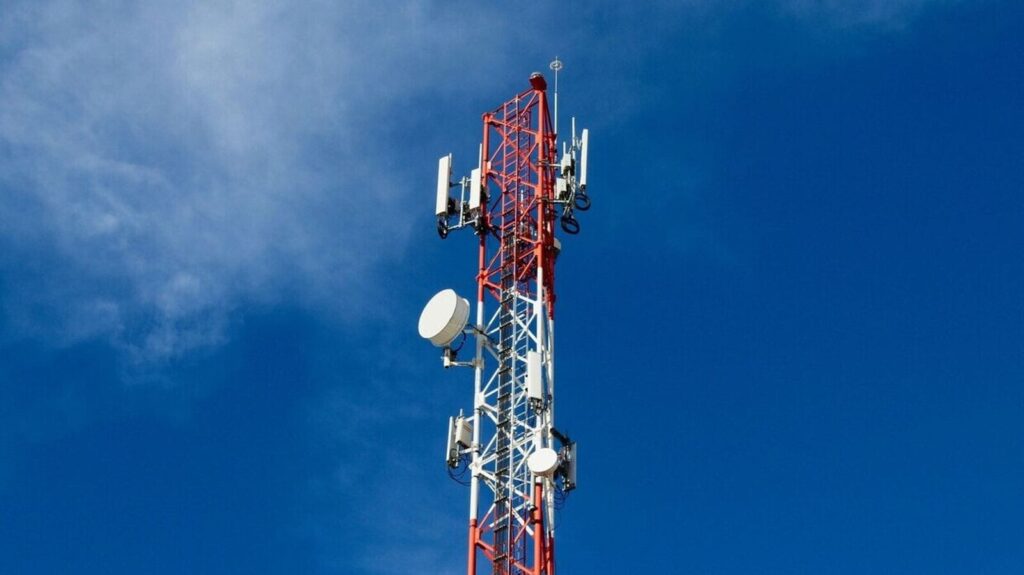Musk vs Ambani: A celestial battle for India’s broadband future

With less telecom infrastructure needed on ground, satellites are an alternative way to offer broadband services, and Musk has more satellites in orbit than anyone else. The divide is clear, and it’s building up, administratively and politically.
Musk’s Starlink is the outsider, the wannabe disruptor. It operates a constellation of over 6,650 low earth orbit (LEO) satellites, enabling wider coverage, faster internet speeds and lower latency than traditional geostationary satellites. It could launch satellite broadband services as soon as it gets approvals from India. It has over 4 million customers across 100 countries.
Meanwhile, Ambani’s Reliance Jio dominates the Indian broadband market, with about 51% share as of August. It has partnered with Luxembourg-based SES for its medium earth orbit (MEO) satellites, and has suggested competitive pricing.
At present, their jockeying centres around how India should allocate satellite spectrum for broadband. Musk advocates ‘administrative allocation’, which is pegged to plans and volumes. Indian incumbents Reliance Jio and Airtel want auctions. While authorities have indicated the administrative allocation route, a final decision will be taken after India’s telecom regulator submits its recommendations in the coming weeks. Meanwhile, Musk’s proximity to incoming US president Donald Trump adds another dimension, in addition to technology and business models, for dominance of an industry of great strategic importance.
Trump effect
Musk backed Trump during the presidential elections, donating over $130 million to support his and other Republicans’ campaigns. Trump spoke extensively about SpaceX, Musk’s space company, and Starlink during his victory speech, and has appointed him to co-lead a department.
Musk reportedly sat in on Trump’s calls with Ukraine’s president and, more recently, with Google head Sundar Pichai, and has been called a “shadow vice president” due to his influence.
The close relationship is expected to impact Musk’s businesses too. Tesla’s shares have jumped 36% since election day (5 November). Musk’s net worth has jumped up from $263 billion on 5 November to $331 billion on 19 November, according to a Bloomberg index.
Ambani’s net worth is about $94 billion. The close ties between Musk and Trump can influence India’s decisions on how it deals with foreign businesses in general and satellite broadband in particular.
Speed breakers
SpaceX is best known for its rocket launches, which are key to fulfilling Musk’s larger ambition of Mars missions. Its revenues are driven by its launch services. SpaceX is privately held and doesn’t disclose its financials. Sacra, a research platform, estimated its 2023 revenues at $8.7 billion, up 89% from 2022. There are, however, limits to the growth potential of its launch business, and it is Starlink that is expected to drive its revenue growth, and eventually fund its larger plans.
The two businesses are closely linked. It gives Musk a cost advantage, since he controls the value chain, and also leverage over other players in the market. For example, it was SpaceX that launched OneWeb satellites, with which Bharti Airtel, India’s second-largest telecom services provider, has tied up with. Airtel too has been pushing for the auctions route for spectrum allocation. Such interdependencies will also influence how the satellite internet market evolves in the country.
Space debris
As more players get into the market and expand, the number of satellites orbiting around the globe will go up too. According to Space Inventor, a satellite technology company, the industry could see 4,000-5,000 satellite launches per year by 2030 in a base-case scenario. There are already concerns about space debris, particularly in the low earth orbit (LEO)—the same region where many satellite internet constellations, including Starlink, operate. According to the European Space Agency’s space environment report, there are about 22,000 objects in LEO already, posing serious risk to operational satellites, including those that provide internet services.
As more objects are launched into space, the probability of collisions increases. For Musk, SpaceX and Starlink, there are also immediate concerns about the risk of his close relationship with Donald Trump turning sour. From India, Jio and Airtel will be watching.
www.howindialives.com is a database and search engine for public data.












